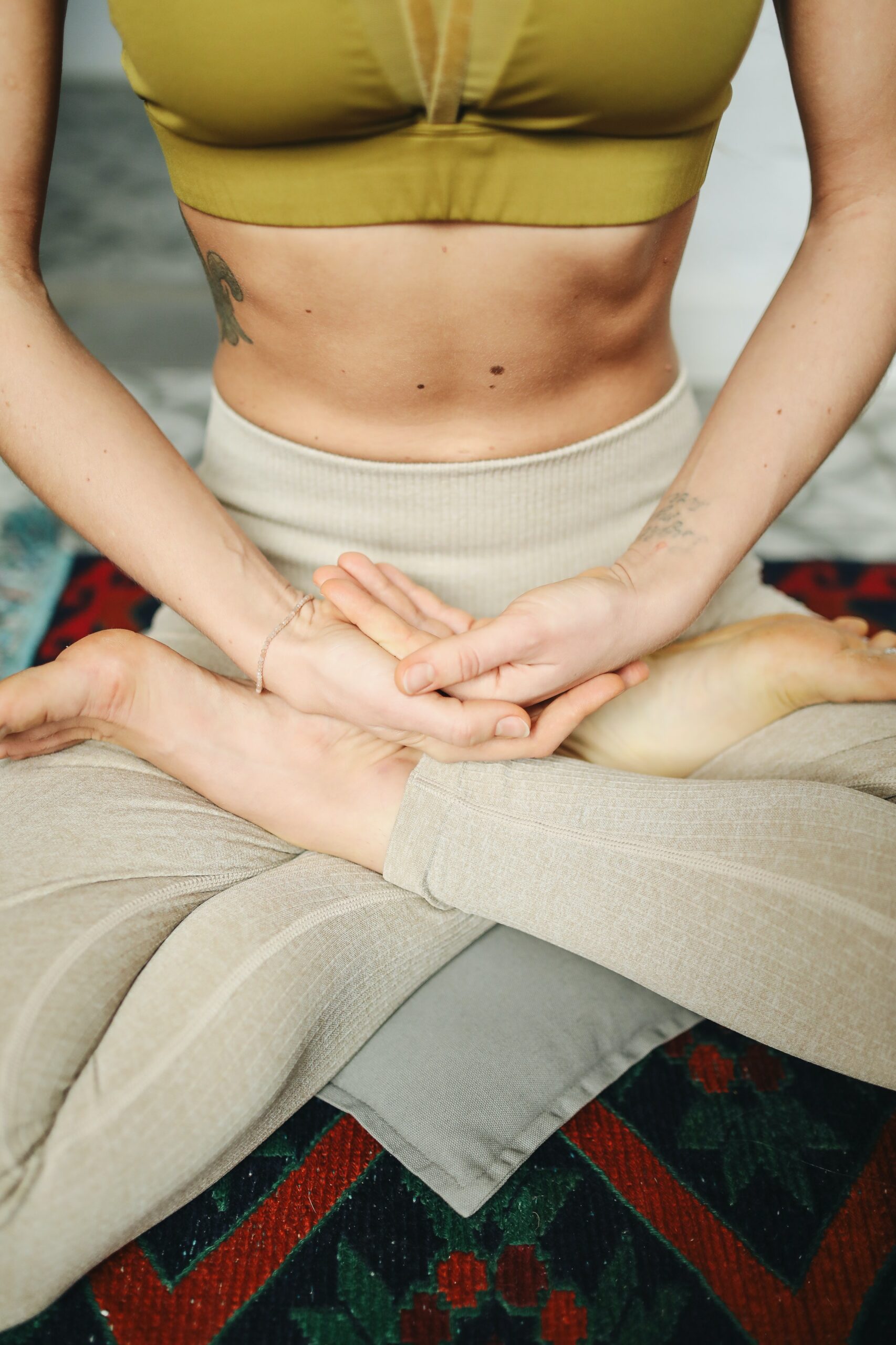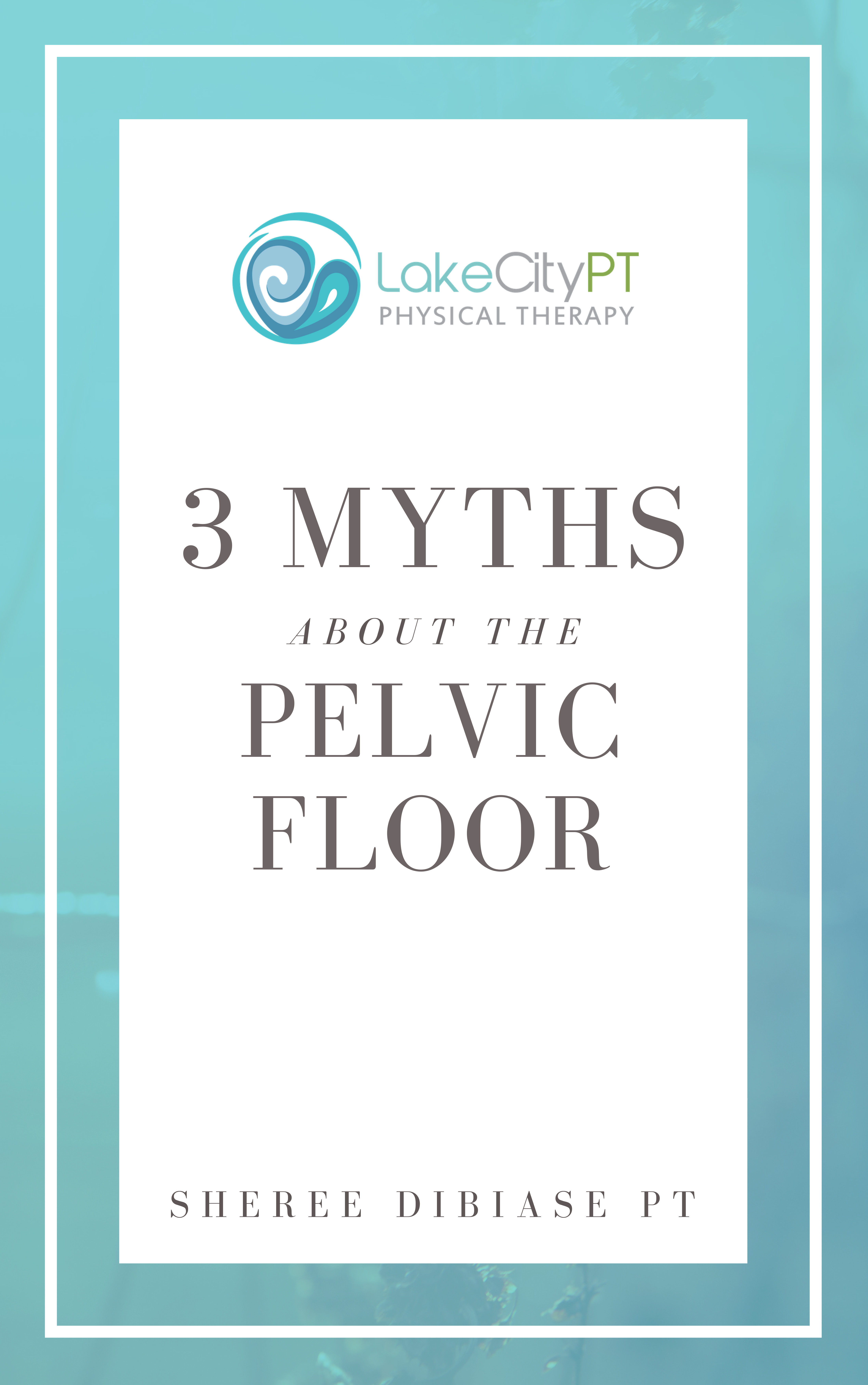Physical Therapy and Posterior Pelvic Floor Health

The posterior pelvic floor is a complex region. When it is working right we don’t even think about it, but when it goes awry our bodies become overwhelmed. Many of our women and men athletes have poor functioning of their posterior pelvic floor. We can often see pudendal nerve entrapment in the pelvic floor in our cyclists, long distance runners, cross fit and weight lifters. This can lead to bowel, bladder and sexual dysfunction.
What is the Posterior Floor
The posterior floor is responsible for posterior organ support, anal health and good bowel function. The muscles there are striated muscles like we have in our arms and legs. They respond as all muscles do, when we use them in a coordinated fashion they work well, but if we overstrain them during training, then they will become dysfunctional. They are controlled by a set of sacral nerves that are highly sensitive and can become irritated and painful when the function of the floor muscles are not working well. Neural “cross-talk” between pelvic organs shows an increase in sensitivity between the urinary, bowel and sexual organs function in the physiological system. This sensitivity appears to be related to the bodies need to have good daily regulation in these organs and often when one is affected they all become involved.
The pelvic floor muscles consist of layers of muscles and they have a complex integration system. There is a superficial layer which consists of the anal sphincter and deep muscle system that creates a sophisticated sling like set of muscles that integrates with the gluteal muscles, the hip adductors, rotators and hamstrings. These pelvic floor muscles make up part of our “core” region. The “core” needs good functioning of the floor to remain healthy. Any core muscles that are not functioning well will disrupt the system.
Physical therapy for pelvic floor health is a key integration as PT’s are movement specialists and their ability to coordinate the “core” and retrain the floor is needed. The signs and symptoms are key to knowing if posterior pelvic floor health is an issue for you.
Signs and symptoms of Posterior Floor Dysfunction:
- Posterior pelvic pain and pressure
- Bloating, sense of non-complete evacuation of bowels
- Low back,sacroiliac joint and/or lower abdominal pain
- Chronic prostatitis
- Pain with prolonged sitting
- Non-relaxing pelvic floor disorder with tight hip muscles
- Hemorrhoids
- Anal Fissures
- Burning and Irritation to the Pudendal nerve in floor, around base,shaft of penis
- Anal receptive intercourse
- Fecal incontinence
- Chronic constipation
- Pelvic floor dyssynergia-external anal sphincter dysfunction
- Type A personality -anxious mood
- Pelvic organ prolapse,Perineal Body decent due to obstetric trauma, multiple births vaginally
- Can begin in childhood
- Often have dysfunction bladder voiding as well
- Irritable bowel syndrome (IBS)
- Interstitial cystitis (IC)
Daily Health Habits Needed:
- Comfortable lightweight clothing ie cotton underwear for breathability.
- Sleep hygiene 7-8 hours a night for healing.
- Increased water intake.
- Healthy diet with fiber, dosing magnesium.
- Wean off use of laxatives.
- Relaxation training- Meditation, breathing ex’s.
- External and internal pelvic floor mobilization for increased blood flow.
- Physical therapy for education instruction on pelvic floor health mobilization, stretching
- and muscle coordination and integration of the floor 5-20 mins a day.
- Natural paraben free Lubricants -increased need for lubrication upon bowel mvts and anal intercourse.
- Education and instruction on health bowel habits- positions for improved function, decrease straining for bowel mvt and focus on relaxation and taking time for evacuation.
- Night time propping of hips and legs up on pillows for floor relaxation for 20-30 mins a day.
- Improved sitting postures to decrease floor pressure.
Physical therapy is an integral part of pelvic floor health. Please get a referral to a pelvic health PT for the restoration of the muscle function of the floor and to restore correct re-integration of the core. As much as we need our athletes to be strong, we also need them to have the coordination and balance to be able to relax the floor and have down time as well, for overall pelvic floor health.
Sheree DiBiase, PT is the owner of Lake City Physical Therapy and she and her amazing staff are here to help you during your athletic endeavors with good pelvic health. Please call for an appt. tomorrow Cda office (208)667-1988, Spokane Valley(509)891-2623, Hayden (208)762-2100, Post Falls (208) 457-3435.

